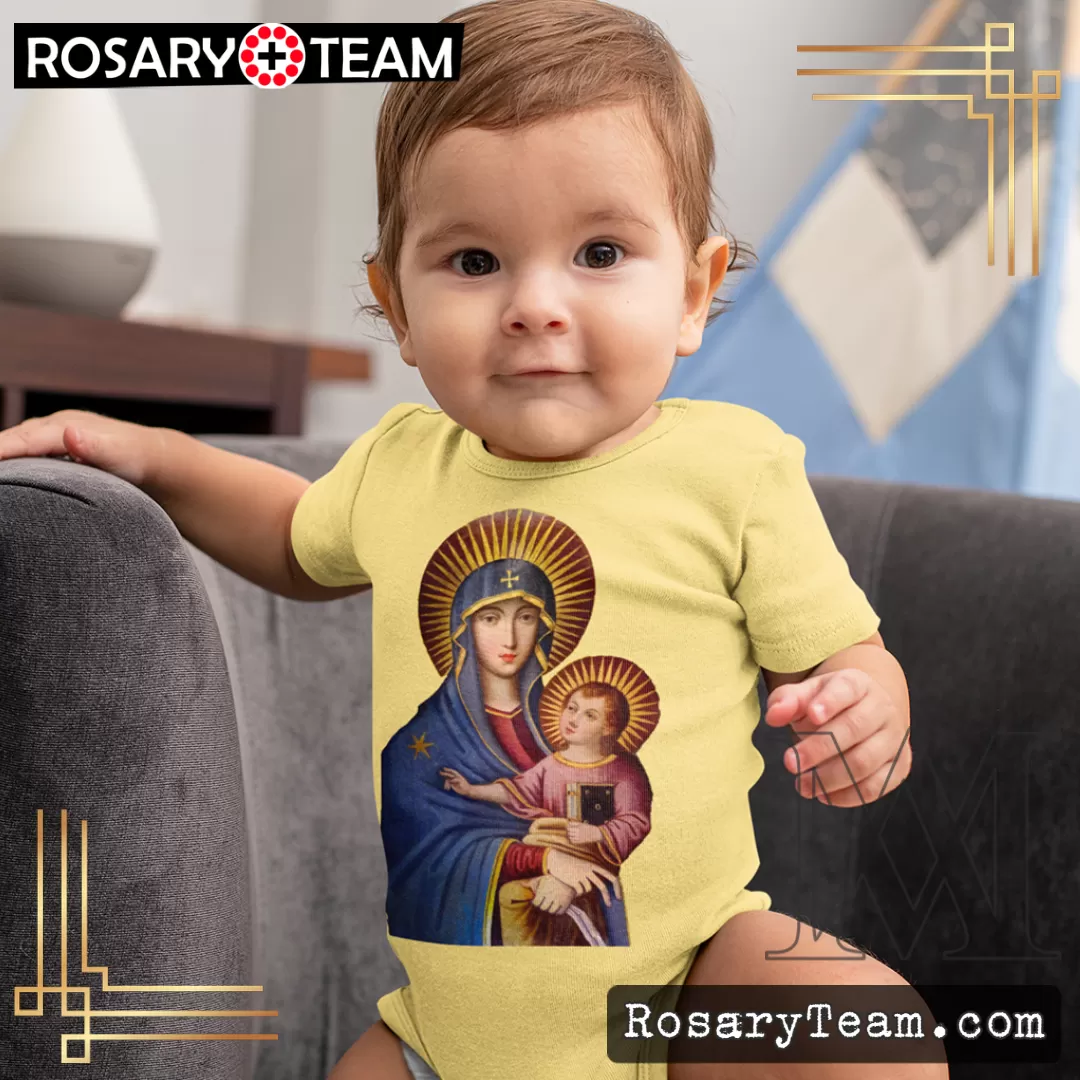Tuesday, May 3 : Saint Justin

And so on the day called Sunday there is an assembly in one place of all who live in the cities or in the country; the memorials of the apostles or the writings of the prophets are read as long as time allows. After the reader has finished, the presiding officer verbally instructs and exhorts us to imitate these shining examples. Then we all rise and pray together. Next, as I said before, when we finish the prayer, bread, wine, and water are brought up. The presiding officer once again offers up prayers of thanksgiving according to his strength, and then the people cry out “amen” (meaning, in Hebrew, ‘May it be so’). And this food we call the Eucharist, and no one is allowed to partake of it unless he believes our doctrine is true and has been washed in the laver for regeneration and the forgiveness of sins, and so lives as Christ has taught. For we do not partake of this as ordinary food and drink; but just as the Word of God incarnate, Jesus Christ our Savior, took on flesh and blood for our salvation, so too the food over which the thanksgiving prayer has been pronounced through the word which came from him, and by which our flesh and blood are changed and nourished-this food we have been taught is the very flesh and blood of Jesus. For the apostles in the memorials which they wrote, called the Gospels, declared that Jesus ordered them to act in this way. Jesus, taking bread, gave thanks and said, “Do this in commemoration of me: this is my body.” And likewise, taking up the cup, he gave thanks and said, “This is my blood” and gave it to them alone (Mt 26,26f;1Co 11,23f.)… We all hold this common assembly on Sunday because it is the first day of the week, on which God made the world, changing darkness and matter, and on which Christ Jesus our Savior rose from the dead.
maronite readings – rosary,team
















